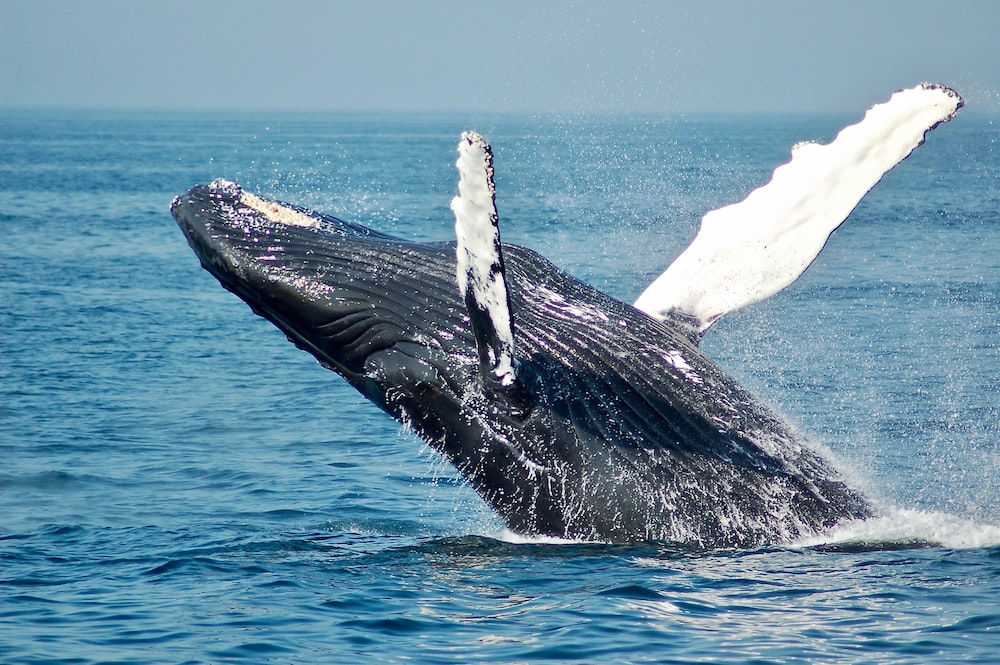Elon Musk, CEO of SpaceX and Tesla, attends the Viva Technology conference at the Porte de Versailles exhibition center in Paris on June 16, 2023.
Gonzalo Fuentes | Reuters
Elon Musk‘s Tesla is facing a federal probe by the National Highway Traffic Safety Administration after the U.S. auto safety agency found that the company was not reporting crashes as required.
According to documents posted to NHTSA’s website on Thursday, the agency’s Office of Defects Investigation had “identified numerous incident reports” from Tesla concerning crashes that had “occurred several months or more before the dates of the reports” to the agency.
The delayed reports were likely “due to an issue with Tesla’s data collection, which, according to Tesla, has now been fixed,” according to NHTSA’s explanation for the probe.
Automakers must report on collisions that occurred on publicly accessible roads in the U.S. that involved the use of either partially or fully automated driving systems in their cars within five days of the companies becoming aware of any crash.
The agency will now conduct an “audit query” to figure out if Tesla is in compliance with its reporting requirements, and to “evaluate the cause of the potential delays in reporting, the scope of any such delays, and the mitigations that Tesla has developed to address them.”
NHTSA will also investigate whether Tesla neglected to report any prior relevant collisions, and whether its reports submitted to the safety regulator “include all of the required and available data.”
Tesla stock was little changed Thursday.
The company sells electric vehicles equipped with a standard Autopilot system, or premium Full Self-Driving Supervised option, which is also known as FSD, in the U.S. Both require a driver at the wheel ready to steer or brake at any time.
A site that tracks Tesla-involved collisions drawing on news reports, police records and federal data, TeslaDeaths.com, has found at least 59 fatalities resulting from crashes where Tesla Autopilot or FSD were a factor.
The new NHTSA probe comes as Musk, Tesla’s CEO, is trying to persuade investors that the company can become a global leader in autonomous vehicles, and that its self-driving systems are safe enough to operate fleets of robotaxis on public roads in the U.S.
A manned Tesla Robotaxi service launched in Austin, Texas in June, and the company is running another manned car service in the San Francisco Bay Area in California. Riders can book trips via the company’s Tesla Robotaxi app.
Tesla has not begun driverless ride-hailing operations that would make it directly comparable to Alphabet-owned Waymo, or Baidu’s Apollo Go and other autonomous vehicle competitors yet.
The company is facing a sales and profit decline, due, in part, to a consumer backlash against Musk’s incendiary political rhetoric, his work to re-elect President Donald Trump, and his work leading the Department of Government Efficiency to slash federal spending and its workforce.
Still, many Wall Street analysts and shareholders remain optimistic about Musk’s vision.
“We think it is a positive that Tesla has begun robotaxi operations which puts it on the path to addressing a large market (we estimate that the US robotaxi market will be $7 bn in 2030 as discussed in our recent AV deep dive report),” Goldman Sachs autos industry analysts wrote in a note Wednesday.
Musk and Tesla have not given investors a sense of what they expect in terms of Robotaxi-related revenue or the technical performance of vehicles in its rideshare fleet, so a “debate on the pace of robotaxi growth will continue,” the research note said.













